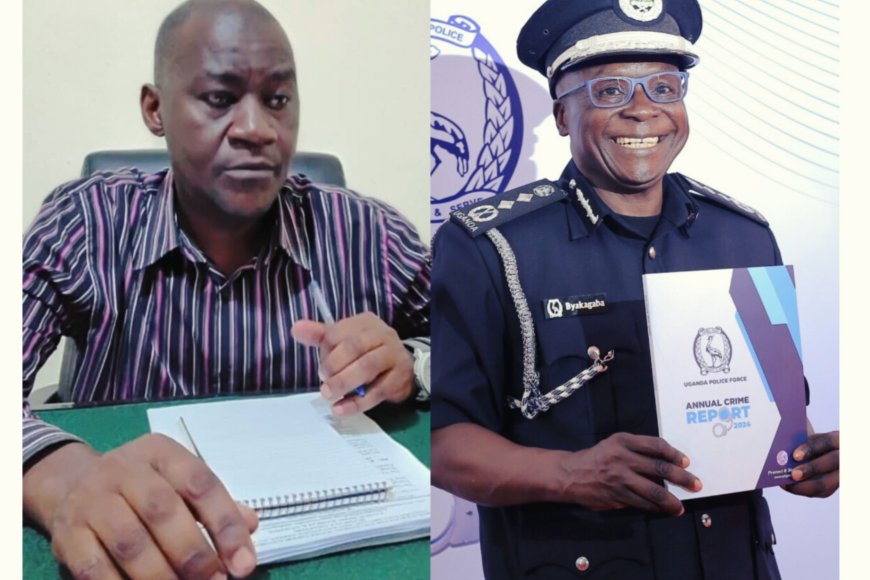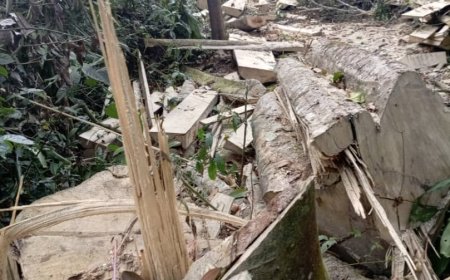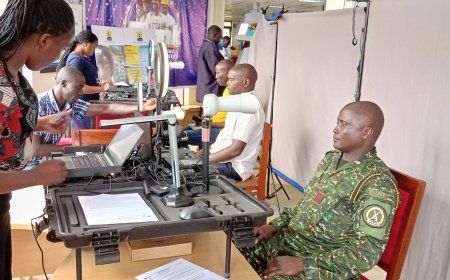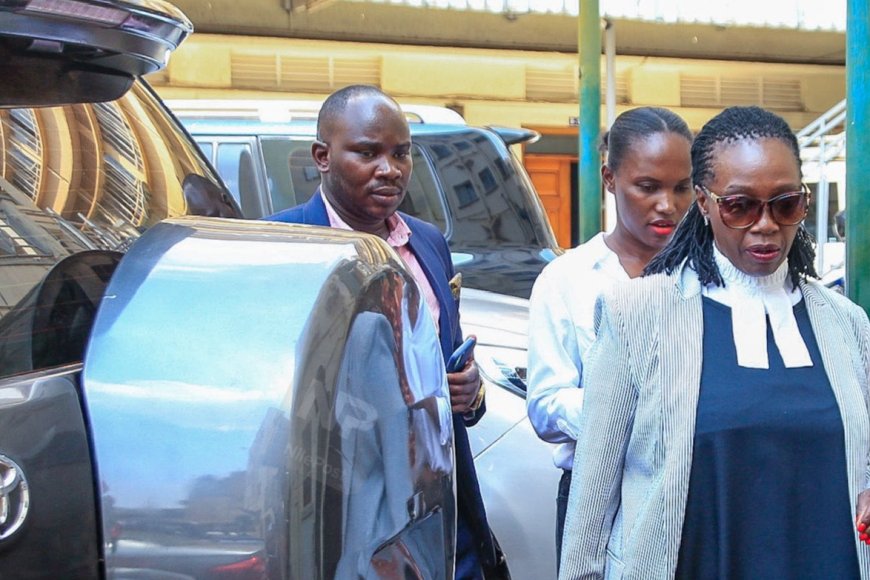Uganda’s Security Agencies Intensify Crackdown on Subversive Elements and Infrastructure Vandals
Authorities allege that some of the individuals involved in these criminal acts have used political activism as a cover, blending into the opposition landscape while pursuing subversive agendas. A number of these suspects have been arraigned before courts of law and are currently on remand pending trial.
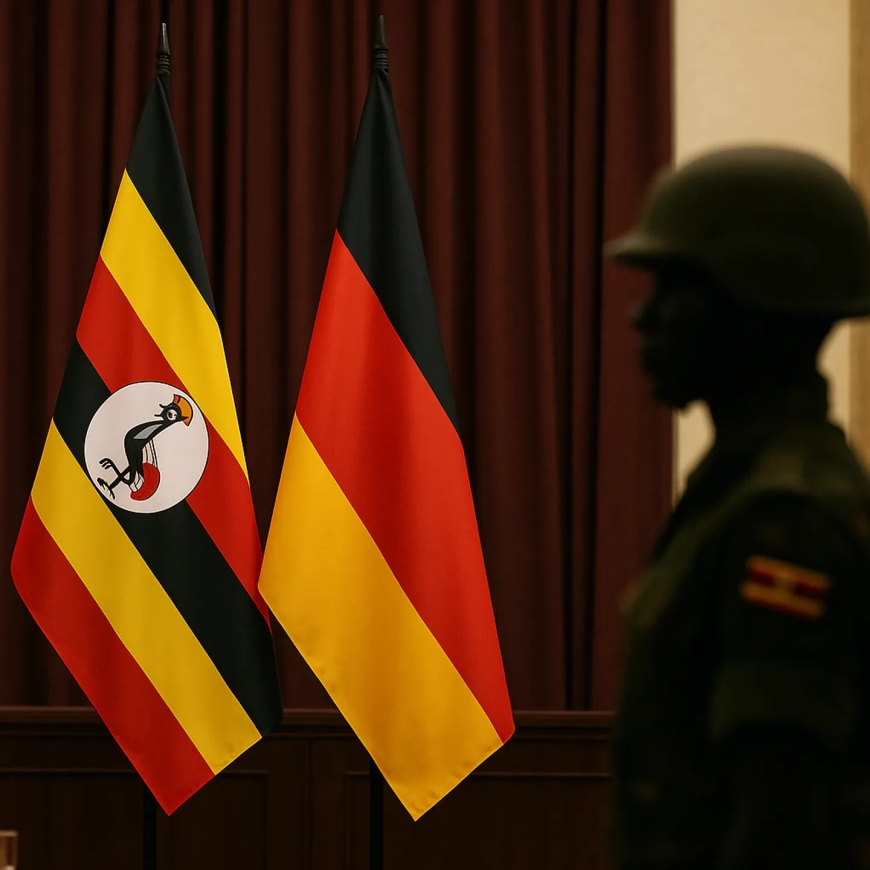
Uganda’s security and intelligence agencies have in recent months intensified operations aimed at dismantling what they describe as organised armed rebellion networks, terror plots, and economic sabotage schemes. This crackdown has led to the arrest and interrogation of several suspects, some of whom are reportedly affiliated with opposition political movements, especially the National Unity Platform (NUP) party.
The operations come against the backdrop of increased incidents of vandalism targeting critical electricity infrastructure, with key installations in the central region being the most affected. Districts such as Wakiso, Mukono, Kayunga, Luweero, Nakaseke, Kiboga, Nakasongola, Mityana, Mubende, Mpigi, and the greater Masaka region have suffered widespread damage to power lines, causing service disruptions and significant economic loss.
Authorities allege that some of the individuals involved in these criminal acts have used political activism as a cover, blending into the opposition landscape while pursuing subversive agendas. A number of these suspects have been arraigned before courts of law and are currently on remand pending trial.
The Inter-Agency Security Committee, chaired by the Chief of Defence Forces of the Uganda People's Defence Forces (UPDF), has been instrumental in coordinating these national security efforts. The committee brings together the Uganda Police Force, Prisons Services, and various intelligence organs to ensure a unified approach in identifying and neutralizing threats.
According to security sources, one of the committee's major areas of concern is the recruitment of youth into rebel cells, particularly in ghetto communities within the Greater Kampala Metropolitan Area. Intelligence has reportedly revealed that these cells are being used to plan acts of terror and sabotage ahead of the 2026 general elections.
In its most recent meeting, the committee resolved to take firm and targeted actions against ringleaders, organisers, and financiers of these subversive operations. These efforts, they said, are crucial in safeguarding Uganda’s sovereignty and democratic process.
Security officials have also expressed growing concern about foreign interference in Uganda’s internal affairs. They allege that some accredited diplomatic missions in Kampala are involved in funding and supporting groups opposed to the government.
In particular, Ugandan authorities have pointed fingers at the German Ambassador to Uganda, His Excellency Mathias Schauer, accusing him of engaging in activities deemed "clearly undiplomatic" and in violation of the 1961 Vienna Convention on Diplomatic Relations. The government has stated that it is pursuing the matter through appropriate diplomatic channels and has pledged to protect the country’s national interests against such external manipulation.
The UPDF and Inter-Agency Security Committee have issued a stern warning to all individuals involved in acts of treachery, emphasizing that they will be identified, isolated, and prosecuted in accordance with Ugandan laws.
Meanwhile, the government is urging Ugandan youth to steer clear of divisive political actors and instead take advantage of various youth development and wealth creation programs. Officials argue that these initiatives are designed to equip the young population with skills and opportunities that can secure their future and contribute positively to the nation’s development.
As Uganda moves closer to the 2026 general elections, the government remains firm in its commitment to peace, stability, and lawful governance. The security apparatus, supported by inter-agency collaboration, continues to monitor and act against any threats to national security, calling on both local and international stakeholders to respect Uganda’s sovereignty and the rule of law.































































